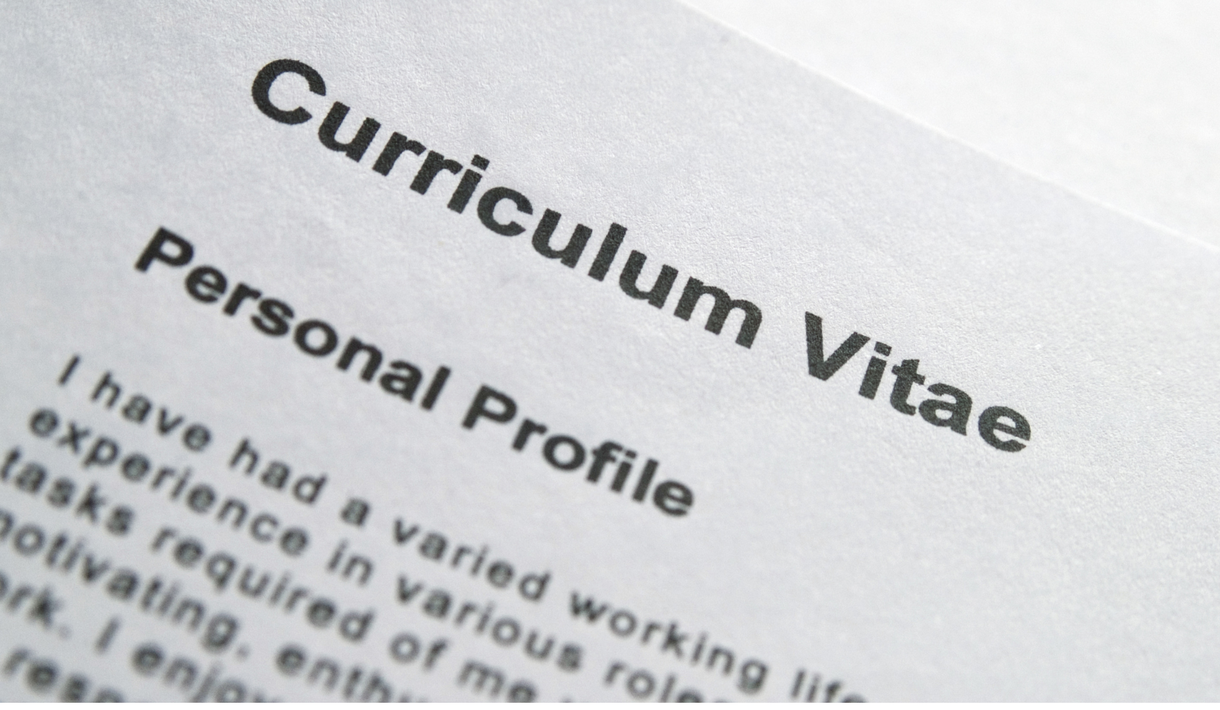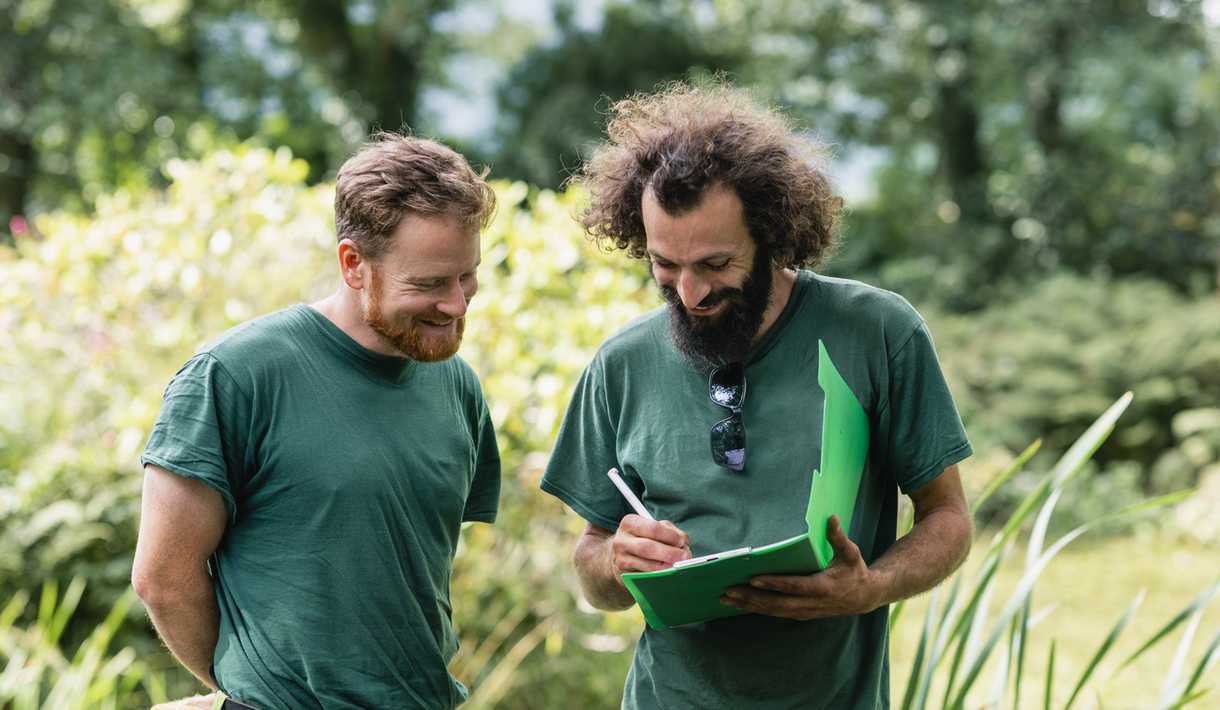How to get your CV noticed
24 January 2025
2 min read

" Hi, I’m Sarah and I work for MorePeople. I’ve been specialising in recruitment for the Horticulture industry for nearly 6 years now. I spent a lot of time in my role supporting and coaching people who are looking for roles on how to master their CV, interview with confidence and succeed in their career goals.
We all know that interview processes are stressful and daunting, and making an application and not hearing back is incredibly demoralising. But there are steps you can take to ensure that your CV gets noticed.We all know that interview processes are stressful and daunting and making an application and not hearing back is incredibly demoralising. But there are steps you can take to ensure that your CV gets noticed. So, let's get started..."
What is a CV for?
"The most important thing to remember about a CV is its purpose: to get you in front of the person hiring. Once you get the chance to speak to them - whether by phone, video, or in person - it’s much easier to build rapport and showcase your skills."
With that in mind, where do you start?
"The first thing to think about is the core content of your CV. This should be:
| 1 Name and contact details 2 Short personal statement 3 Education, training and courses | 4 Work experience 5 Skills 6 Hobbies |
Read about each of these in more detail below.

1. Name and contact details
"This doesn’t need to be as in-depth as you might think. You don’t need to include your date of birth, marital status, or even your full address.
I suggest always include a location, and it’s up to you whether that’s a full address or even just a county.
Contact details are one of the most important things to add. An email address and a phone number. You need to be easy to contact for any interview requests – and remember, double-check for typos!"

2. Short personal statement
"This is the part of the CV that might take the longest to write.
If you don’t have anything in particular to write, that’s ok and it’s not an essential part of the CV. However, I always recommend including a brief paragraph to make yourself more "human" to the person reading it.
This bit is the part I recommend to tailor to every individual role you’re applying too. Include a sentence as to why this role excites you - it could be the piece that makes you stand out!"

3. Education, training and courses
"Again, this doesn’t need to be in depth. Employers don’t always need to know what grades you got at GCSE. To save space, outline the qualifications, like this:“9 GCSES A-C, 2 A Levels”
You can elaborate on qualifications during the interview. This is the space to outline the relevant industry qualifications you might have. Whether that be specific licences or certificates, a management training course or a qualification relating specifically to the field – these are the things that they’ll be looking for."
4. Work Experience
"It’s important to include here the date (month/year) you started and left your roles, along with your job title and the company. Be honest—employers can easily verify this information, and you want to start on the right foot.
You can include as many roles as you’ve had during your working life, but if your CV if getting too lengthy, prioritise the recent roles and add less information on the roles earlier in your career.
When describing your work experience:
- Provide examples and use figures where possible.
- If you managed a team, specify the size.
- Describe your day-to-day responsibilities.
- Highlight achievements or projects you’re proud of—these can be excellent talking points in an interview.
5. Skills
"Including a skills section is optional. If you choose to add one, avoid simply listing buzzwords. Instead, back up each skill with an example.
For instance, instead of writing 'good communication skills', try something like: 'Good communication skills – demonstrated by managing a team, presenting to senior leadership, and receiving recognition in my performance review.' "
6. Hobbies
"This section is also optional. If you do include hobbies, list a couple of bullet points. They can serve as icebreakers during interviews, but make sure they’re genuine!"
And finally, some important notes about your CV to keep an eye on:
- Your CV doesn’t have to be only 2 pages. It all depends on your career to date. It can be three pages if the content is relevant.
- Tailor your CV to the role you’re applying for (specifically personal statement) and remember to always be honest.
- Throughout your CV, avoid lists and using buzzwords without examples.
- Bullet points are easier than long paragraphs. Hiring managers tend to skim-read CVs, so making it clear, concise and to the point will stand out.
- Get someone else you know to read it and remember to check your contact details!
MorePeople is a specialist recruitment business providing permanent and interim solutions for the Produce & Horticulture, Food, Agriculture and Garden & Leisure sectors across the UK and internationally

SnapDragon online career tool
Packed with interactive tools and resources designed to help you to make the right decisions, accelerate your job search and maximise your career opportunities, including a CV builder, job search, interview training and much more
Get started
